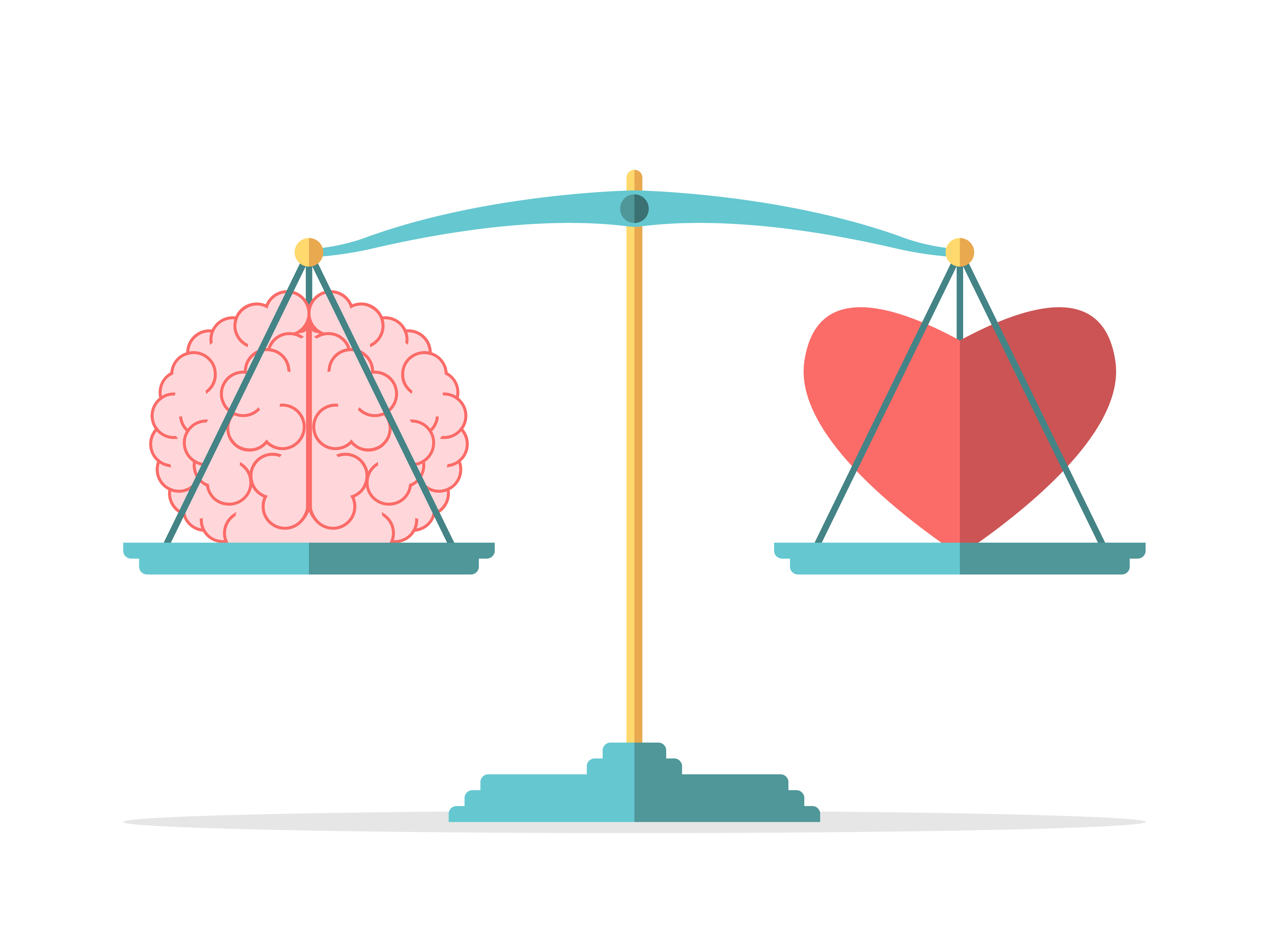3 signs interviewees have emotional IQ

How do you gage if candidates have emotional intelligence? You already know what interview questions to ask to find out if they have the right technical skills and relevant experience. But emotional intelligence is just as important.
The ability to recognise, understand and manage emotions has become one of the most important skills employers look for in an employee.
When it comes to work relationships in particular, having emotional intelligence or emotional quotient (EQ) means the candidate will probably fit into the team and company better and will be able to bring out the best in their colleagues.
This is particularly helpful during a pandemic when many workplaces are more pressured, and remote-workers need to draw deeper on their personal qualities to keep performance levels up.
Broadly speaking, there are five traits associated with emotional intelligence: self-awareness, self-regulation, motivation, empathy and social skills. Here’s what to look for in a potential team member with these magic ingredients.
They’re self-aware
There’s a reason why so many interviewers ask candidates about their weaknesses - as well as strengths. It turns out that key attributes of those who possess high EQ are that they’re honest and self-aware of any challenges they have.
When it comes to emotional intelligence, this self-awareness means being able to talk about the effect their emotions and actions have on themselves as well as others at work.
Employees who can stay in touch with how they’re feeling - and recognise situations at work that can trigger a strong emotional response - will perform much better in the workplace.
They’re comfortable going off-script
Speaking to candidates at HR GO about how to prepare for interviews, we certainly encourage them to practice answers to common questions that tend to come up.
And while you’d expect interviewees to have put in the prep work, it’s also worth asking questions that involve a bit of on-the-spot reflection.
Contrast two candidates: one who panics if asked to stray from a generic pre-prepared answer. Or another who can roll with the punches when the topics veer from what they were expecting to be asked - reflecting, then giving a genuine and thoughtful reply. It’s clear which one is more likely to possess high EQ.
They share negative experiences
Generally speaking, people with high EQ will be happy sharing experiences even if they don’t show themselves in a 100% positive light.
That’s why it can be insightful to ask a candidate whether there’s been a time when they’ve disagreed with a colleague or manager, and how they handled the situation.
Look for them taking ownership of what happened without laying the blame elsewhere - and of course without badmouthing that person.
It’s important to be able to find common ground when things don’t go to plan, and what they’re able to tell you about how they resolve any conflict will be crucial.
Going with gut instinct
While it’s relatively simple to judge whether a candidate has decent qualifications and relevant skills, it’s harder to assess someone’s emotional intelligence. There are no ‘right’ or ‘wrong’ answers - so whoever is doing the interviewing ideally needs to have high EQ themselves - and are able to trust their gut instinct in recruiting the next team member. One caveat to this: do examine whether you may have any potential subconscious hiring biases.
With emotional intelligence climbing up the skills chart, being able to recruit candidates who can understand and recognise theirs and others’ emotions is key for teams that thrive past this pandemic.
Kategorie
Featured insights
Don’t let Covid-19 wreck your CV
If you're new to the job market, the pandemic's unusual conditions will have made your work experience out of the ordinary. It might seem like this could have a negative impact on your CV, but here are some ways you can turn that into positives.
Czytaj więcejRecent insights
Creating positive hiring experiences, even when you say 'No'.
How you reject candidates after interview can affect your brand. You'll want to keep the hiring process positive even when saying no to applicants.
Read more3 main perks for remote teams in 2021
What benefits can you provide to your remote team to keep them incentivised? We provide 3 ideas on changing benefits for work-at-homers
Read more